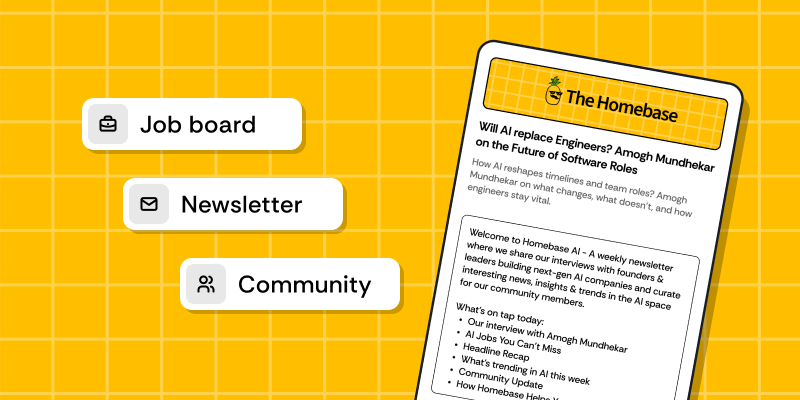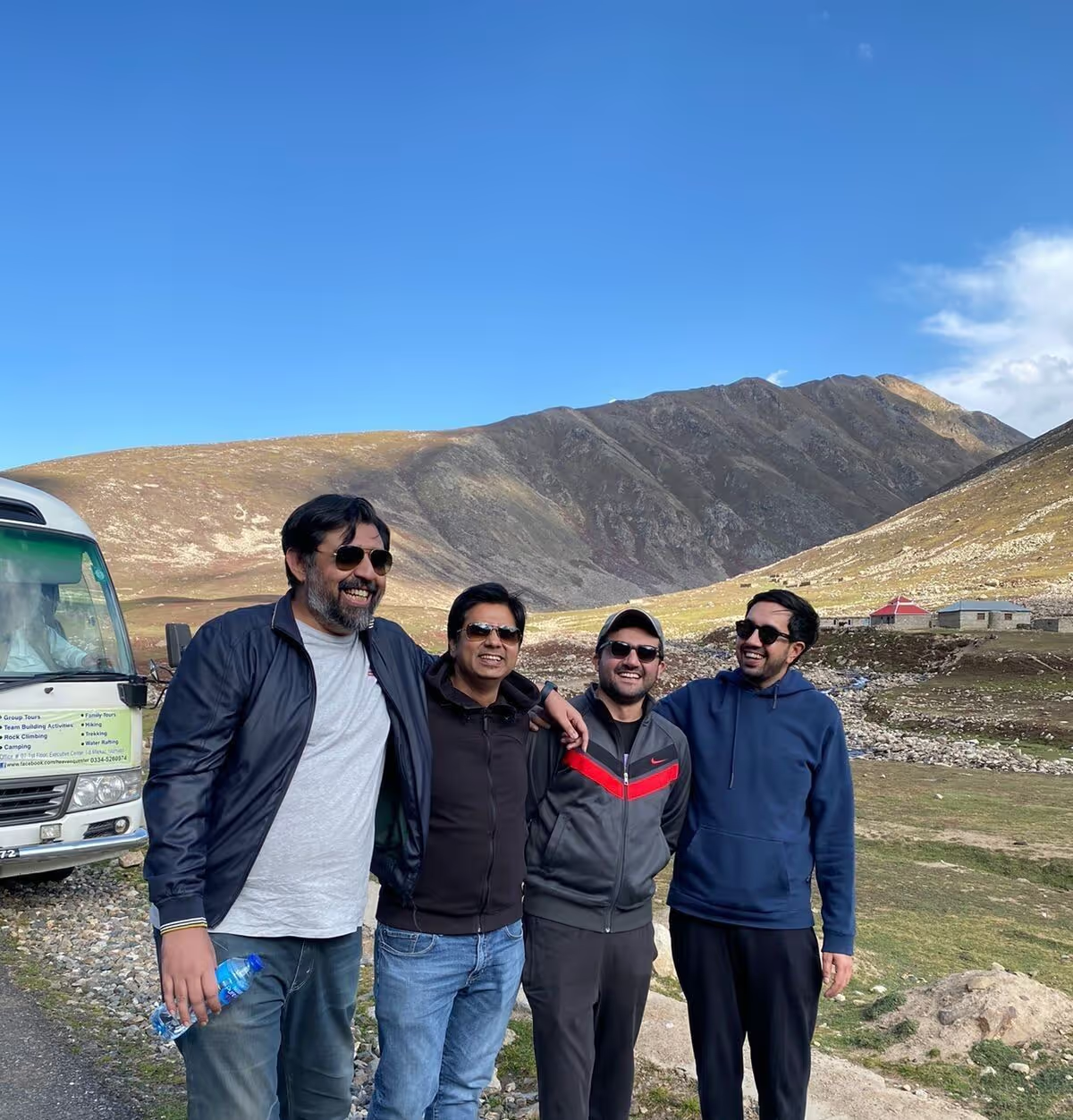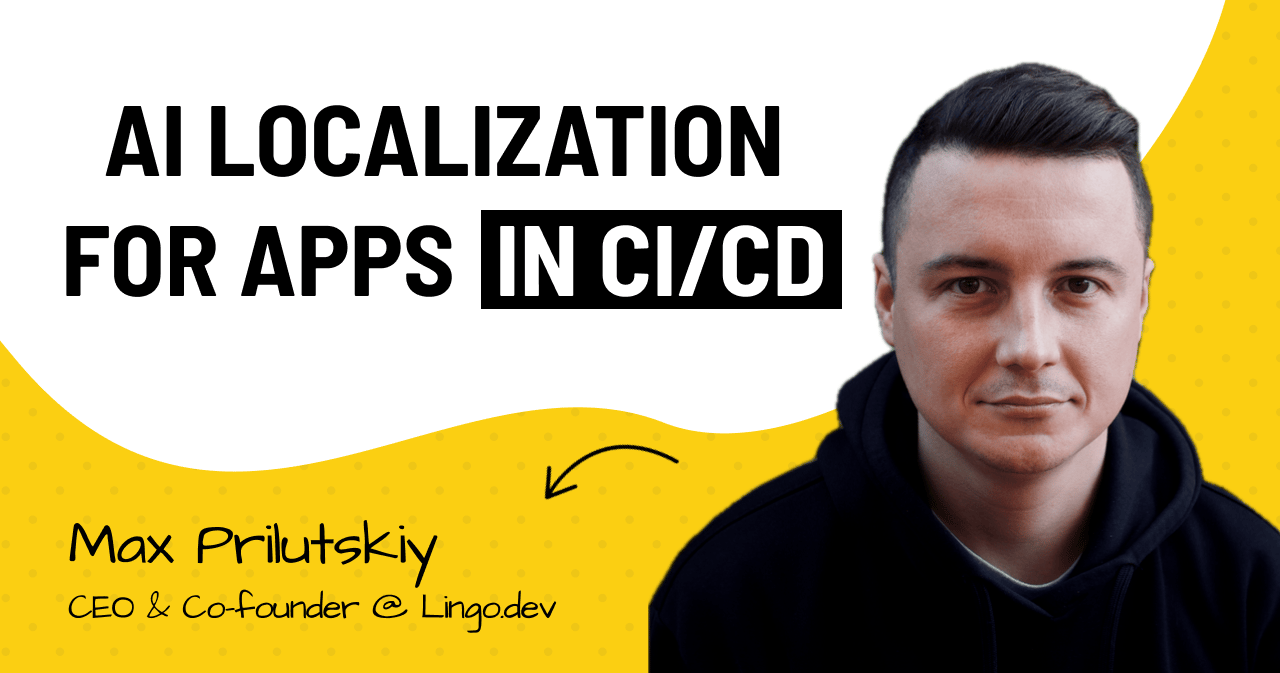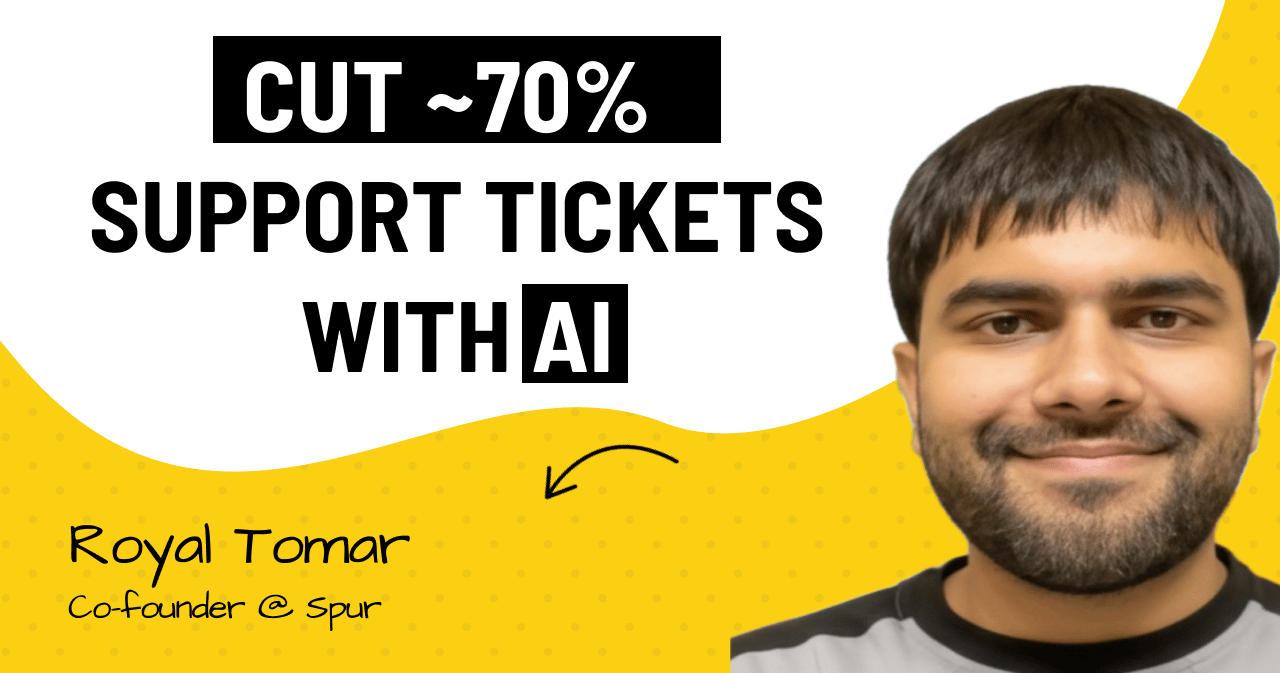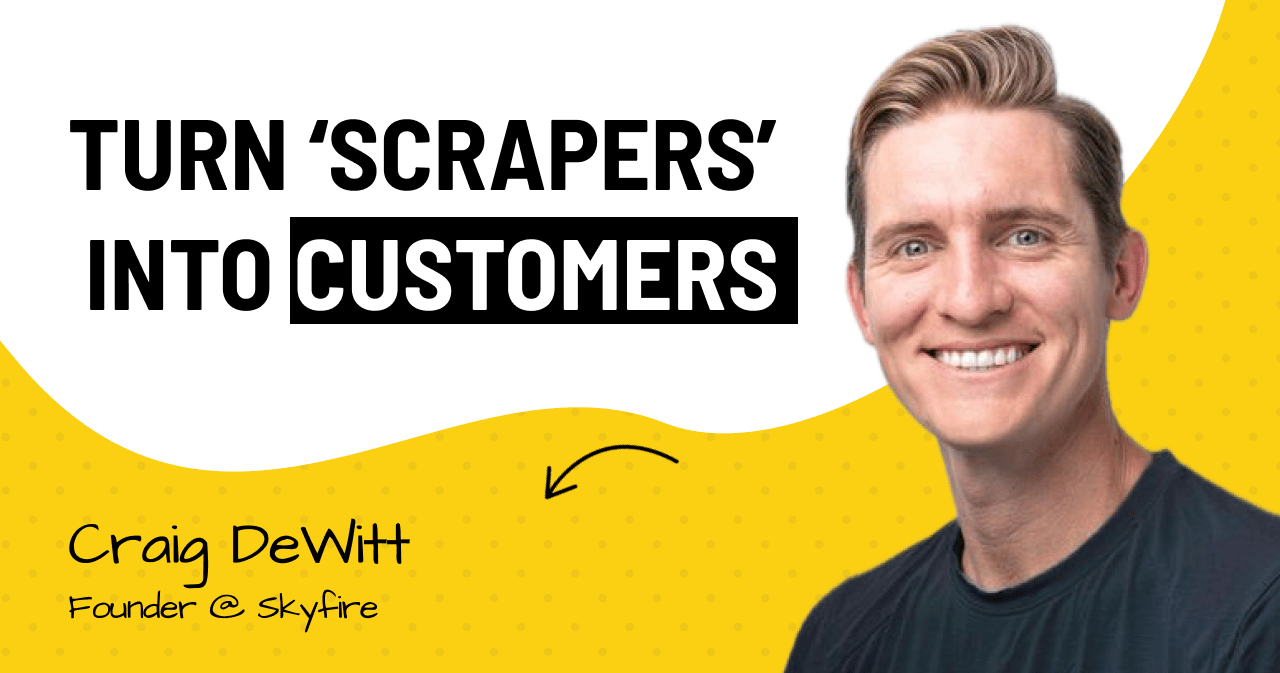Markaz Technologies co-founder Umair Aslam explains how their platform turns social media users into e-commerce entrepreneurs without upfront costs, details their rapid expansion across Pakistan, and shares why removing financial barriers to online selling is aimed at transforming the country's digital economy.
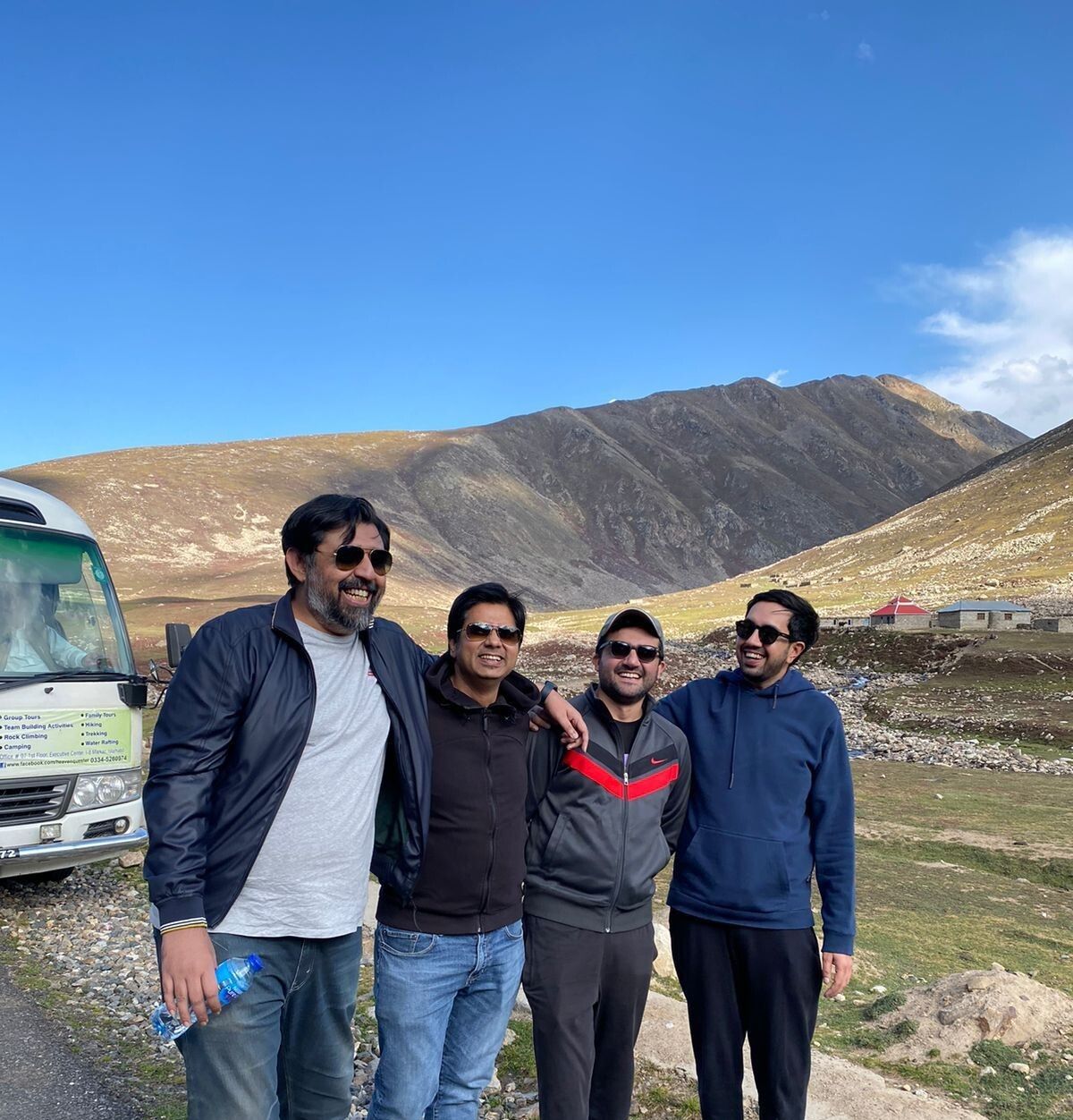
Markaz Technologies founders
Company:
|
Founded:
|
Headquarters:
|
Key Highlights:
If you only have a few minutes to spare, here's what leaders and founders should know about Markaz Technologies:
-
Pandemic-inspired solution. Markaz was founded in October 2021 in response to COVID-19's impact on business, enabling online entrepreneurship when traditional options were limited.
-
Zero-investment model. Markaz allows anyone in Pakistan to start an online reselling or dropshipping business without upfront costs, addressing a significant barrier to entrepreneurship.
-
Rapid growth and funding. Within a year of launching, Markaz raised USD $2.4 million in a seed round in 2022, demonstrating strong investor confidence in their model.
-
Comprehensive backend support. The platform manages everything from supplier connections to logistics and payments, allowing users to focus solely on growing their business.
-
Social media integration. Markaz supports micro-entrepreneurs on popular platforms like WhatsApp, Facebook, and Instagram, leveraging existing social networks for e-commerce.
-
Ambitious impact goals. With a vision to empower over 5 million people, particularly women, to run home-based businesses, Markaz aims to significantly transform Pakistan's economic landscape.
Your Story: Tell us about your path to becoming a founder.
The path has not been simple. We as founders all believed in working on problems that have a profound impact on society as a whole. Pakistan is a country with a burgeoning economy and digital conversion. Helping people become resellers or drop shippers.
The Elevator Pitch: Give us your startup's pitch in 2-3 punchy sentences.
Markaz helps anyone in Pakistan start their online reselling or dropshipping business without any investment. We manage everything from supplier & inventory management to logistics, to payments, so our users can focus on growing their business.
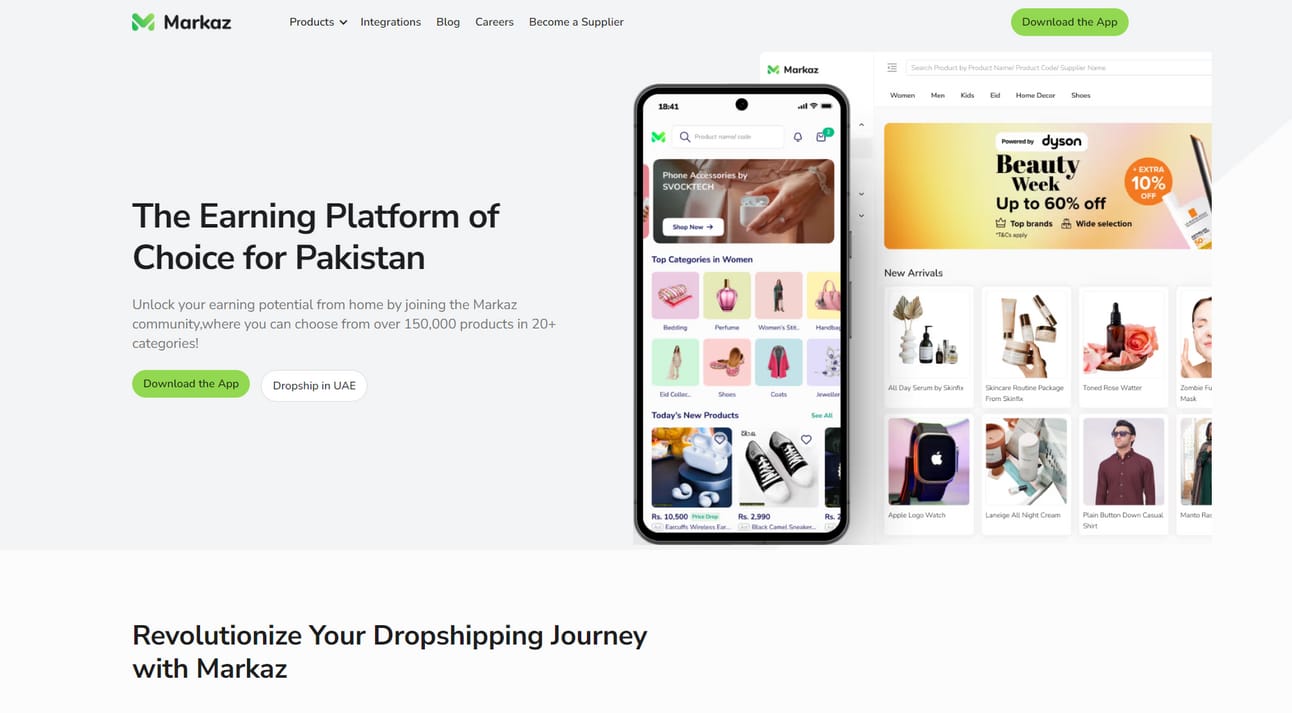
Your Idea in the Early Days: What was the 'Aha' moment that led to your startup?
The COVID-19 pandemic significantly reshaped global business dynamics, with on-ground operations facing severe challenges and e-commerce emerging as a lifeline. In response, Markaz Technologies was founded to empower aspiring entrepreneurs in Pakistan, particularly those without the resources to start a traditional business.
Markaz’s platform enables anyone to start an online business without any upfront investment. It supports micro-entrepreneurs on social media platforms like WhatsApp, Facebook, and Instagram by providing access to a wide range of wholesale products from top suppliers across Pakistan. Users can select products, promote them online, and leave the logistics—delivery, payment processing, and customer service—to Markaz.
Markaz is committed to inclusivity, aiming to empower over 5 million people, particularly women, to run businesses from home. We want to make entrepreneurship easy and accessible to all.
By lowering barriers to entry and offering robust support, Markaz Technologies is supercharging the rails of e-commerce in Pakistan, building a more resilient and inclusive economy.
Building the Brand: What's the story behind your company name & brand? Any unique marketing approaches that worked wonders?
When we were brainstorming a name for our company, we wanted something that would resonate deeply with our local community, something that felt familiar and trustworthy. In Urdu, "Markaz" means the center of a community. It’s a term that holds significant meaning for many Pakistanis.
In Islamabad, where our journey began, the city is divided into sectors, and each sector has a central marketplace, commonly referred to as "A Markaz." Growing up, these markets were the heart of our communities. They were places where you could find anything you needed—whether it was daily essentials, clothing, electronics, or just about anything else. A Markaz was a place you could rely on.
When we were considering a name for the company, we wanted something that evoked that same sense of reliability and centrality. We wanted to create a platform that people could turn to for anything they needed, just like those marketplaces in our childhood. That’s when the name "Markaz" came to mind. It felt close to our hearts, and we believed it would resonate with the people we aimed to serve. Markaz, for us, embodies the essence of being a central hub for the community, where entrepreneurs can find everything they need to start and grow their businesses.
AI in Action: How are you leveraging AI in your business?
We leverage AI to generate a wide range of marketing assets, including artwork, in-app banners, app and web icons, and UI elements. By integrating AI into our design and marketing processes, we've significantly boosted our team's productivity, enabling them to produce a higher volume of high-quality work in a shorter time. AI allows us to quickly adapt to market demands, create personalized content, and maintain a consistent brand presence across all platforms, ultimately helping us deliver a better experience for our users and partners.
Game-Changing Tools: What are the top 3 AI products or tools that have transformed how you run your business?
We’ve integrated several AI tools that have had a profound impact on our operations. ChatGPT helps us streamline communication, generate content, and enhance customer interactions. Midjourney is a key tool for creating high-quality visual content, such as in-app banners and UI elements, allowing us to maintain a strong and consistent brand identity. Freepik AI and Bing AI provide us with versatile design assets that enhance our creative process. Throughout our use of these tools, we prioritize ethical practices, avoiding any and all references to artists and ensuring that our AI-driven creations respect intellectual property rights.
Connect with Us: Where can our community learn more about your work?
YC Page
Website
LinkedIn
Instagram
Facebook
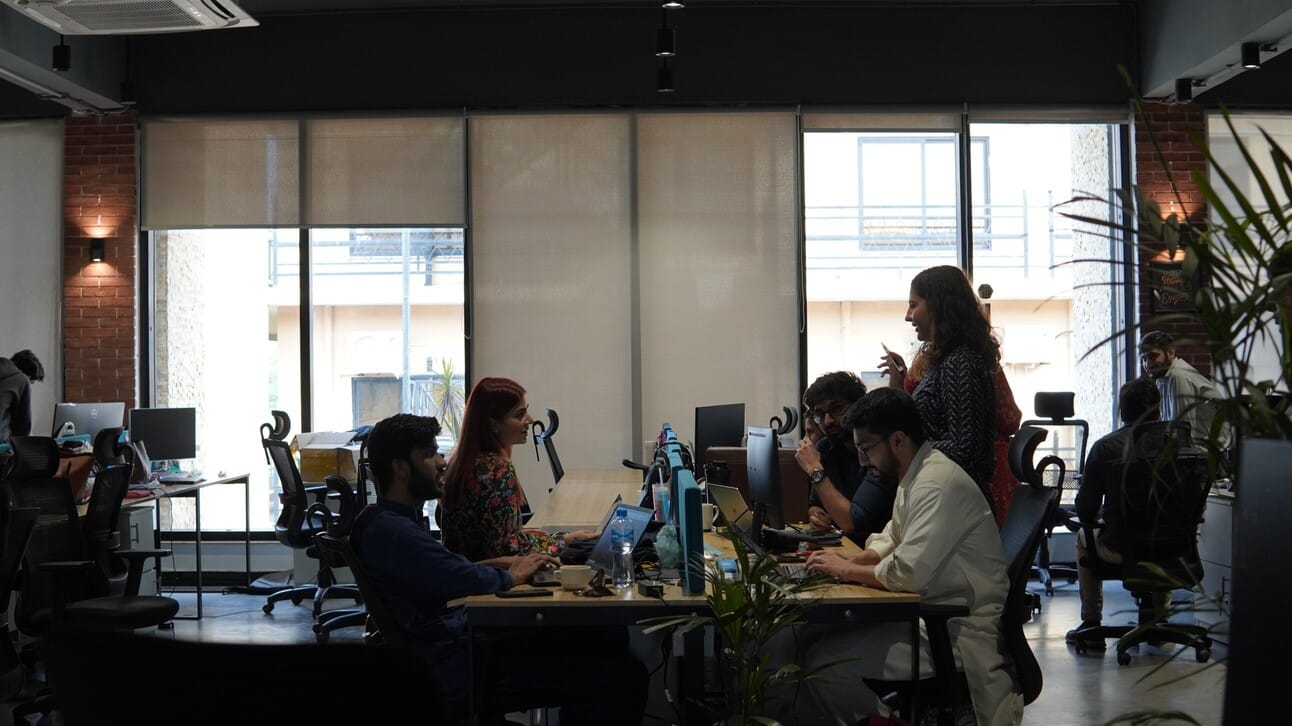
The Markaz Technologies team at their headquarters in Kickstart Islamabad.
AI's Future and AGI: How will AI transform society in the next decade? Do you think we'll achieve AGI, and why or why not?
We can expect AI to drive advancements across industries, from healthcare and education to transportation and finance. Personalized medicine, smart cities, and more efficient resource management are just a few examples of how AI will enhance our quality of life.
As for Artificial General Intelligence (AGI), it's an exciting yet complex goal. While we're making rapid strides in AI, achieving AGI—a machine with human-like cognitive abilities—remains uncertain. The challenges are not just technical but also philosophical and ethical. Replicating the depth of human understanding, creativity, and emotional intelligence is a monumental task that may take longer than a decade if it happens at all. However, the continued evolution of AI will undoubtedly push us closer to that frontier, even if AGI itself remains a distant goal.
Ethical AI: How can we ensure AI systems remain safe, ethical, and aligned with human values as they advance?
To ensure AI's ethical development, we need a multifaceted approach.
First, robust ethical frameworks are essential to provide clear guidelines for AI development and deployment. These frameworks should address issues like bias, privacy, transparency, and accountability.
Second, AI systems should be transparent and explainable, allowing for an understanding of their decision-making processes and mitigating biases.
Third, responsible governance, including international cooperation and accountability mechanisms, is crucial to ensure ethical AI practices.
Fourth, continuous monitoring and evaluation are necessary to identify and mitigate potential harms.
Fifth, public engagement and education are vital for fostering awareness and understanding of AI's potential benefits and risks.
Sixth, diverse development teams help to avoid biases and represent different perspectives. Seventh, collaboration with stakeholders from various fields ensures a comprehensive approach to addressing ethical challenges.
Finally, a long-term perspective is essential to consider the implications of AI on future generations. By adopting these strategies, we can create AI systems that are beneficial to humanity and aligned with our shared values.
AI vs. Human Intelligence: In your view, what are the fundamental limits of AI compared to human intelligence?
Despite AI's impressive advancements, it faces inherent limitations compared to human intelligence. Humans possess unique abilities such as creativity, intuition, and emotional intelligence that AI struggles to replicate. For instance, humans can generate novel ideas, understand and respond to emotions, and grasp the nuances of context in ways that AI cannot fully emulate.
Furthermore, we possess consciousness and self-awareness, subjective experiences that are fundamental to human cognition but remain elusive for AI. Can that be replicated? Not anytime soon. Additionally, physical embodiment allows humans to interact with the world through senses and actions, providing a rich source of experience that AI lacks.
While AI can excel in specific tasks, it often falls short in areas that require real human qualities. Recognizing these limitations is crucial for developing AI systems that complement human capabilities rather than replacing them. By understanding the unique strengths of human intelligence, we can ensure that AI is used ethically and responsibly to benefit society.
Interview with
Umair Aslam, Co-Founder & Chief Growth Officer
Founder @ Markaz Technologies
